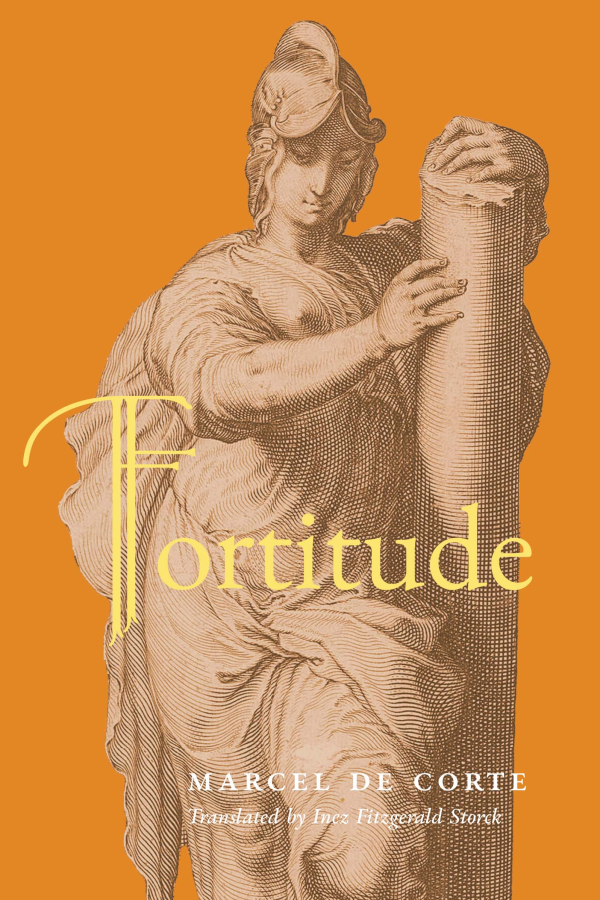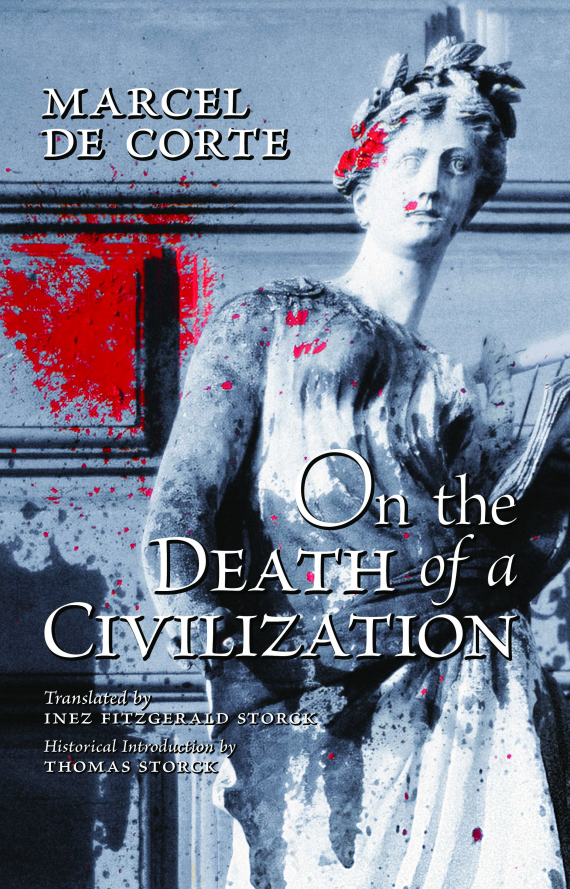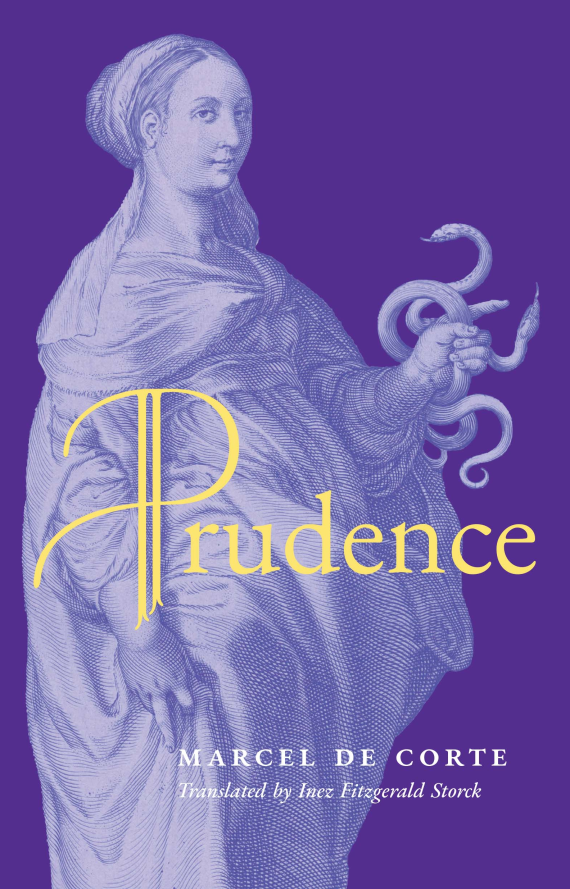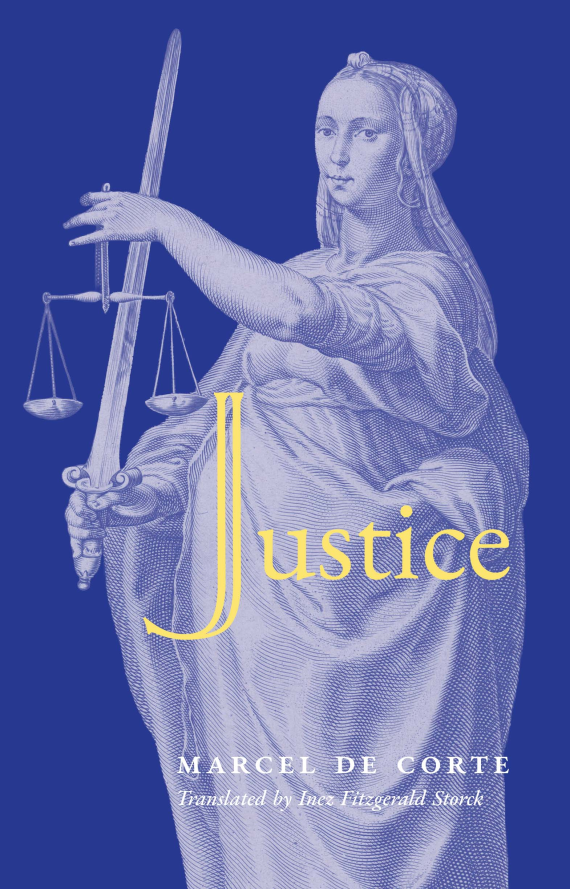-570x889.png)
Fortitude
- Product Code: fortitude
- Publication date: 2025
- Pages: 124
- Size: 5.25 x 8
$14.95
-
Insofar as the four cardinal virtues, prudence, justice, fortitude, and temperance, are remembered today, it is in a distorted and partial fashion. The term “fortitude” today no longer refers to a virtue aimed at the common good and the proper reaction to evil, but rather a manner of imposing one’s will, and, at best, physical bravery in battle. In our times, the many richly-layered ideals once associated with the virtue of fortitude are no longer held in esteem: convictions based on enduring values, fidelity to commitments, and sacrifices demanded by this fidelity. How can one even bring up the notion of convictions in a society in which there is no absolute truth? How can one speak of fidelity when one of the main examples, conjugal fidelity, is mocked? How can one appeal to the duty of sacrifice in a world where comfort and well-being are supreme values? To bring up these points is to go against the grain of certain pernicious modern trends.
The virtue of fortitude is vanishing before our very eyes, giving way to violence, coercion, and a web of pseudo-social obligations and demands. The resulting dis-society is one of permanent chaos and constant instability. Without the virtue of fortitude to stand against disordered thought and its fruit, the collapse of our civilization cannot be prevented.
-
“One of the greatest contemporary Catholic philosophers, an intellectual concerned with politics and attentive to the unique reality of persons and things, humble before what is objective and thus opened to the truth.” —Danilo Castellano, Italian philosopher and author whose works include L'aristotelismo cristiano di Marcel de Corte
“One of the greatest twentieth-century masters of the counterrevolution.” —Juan Vallet de Goytisolo, Spanish jurist and philosopher, author, among other works, of Ideología, praxis y mito de la tecnocracia.
“For centuries, since the moral insights of Plato and Aristotle, the virtues were considered as the heart of morality. It is this which Marcel De Corte, with so many lively and interesting comments on contemporary society, brings to life in this series of books.” —Thomas Storck, author, editor and translator, most recently author of Economics: An Alternative Introduction (XIII Books)
“Marcel De Corte, of an unsurpassed intellectual mettle, professed philosophical realism which is in perfect accord with his anti-modernism.” —Miguel Ayuso, Professor of Political Science at the Comillas Pontifical University, Madrid, and author of books on social and political topics, most recently, of ¿El pueblo contra el Estado?







